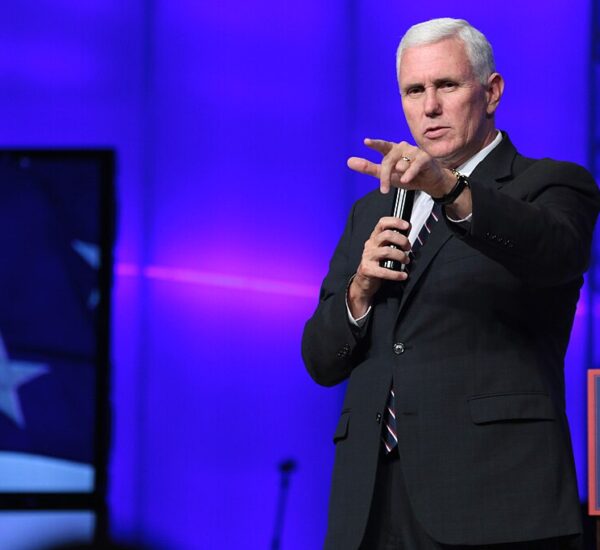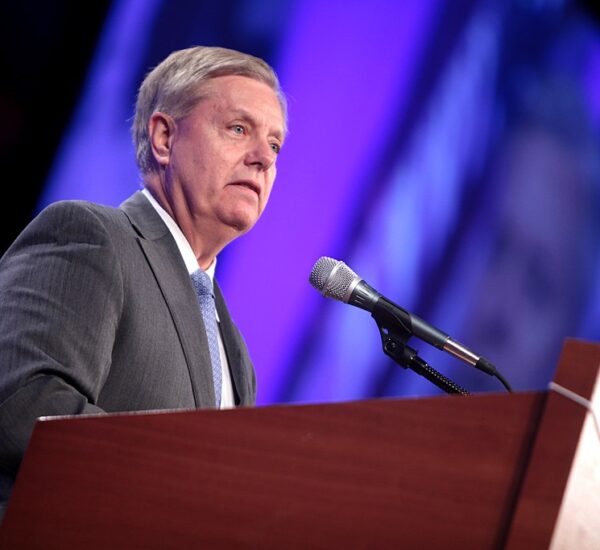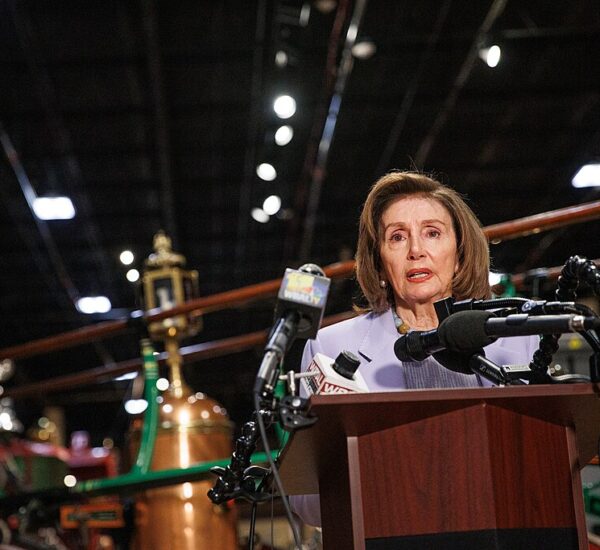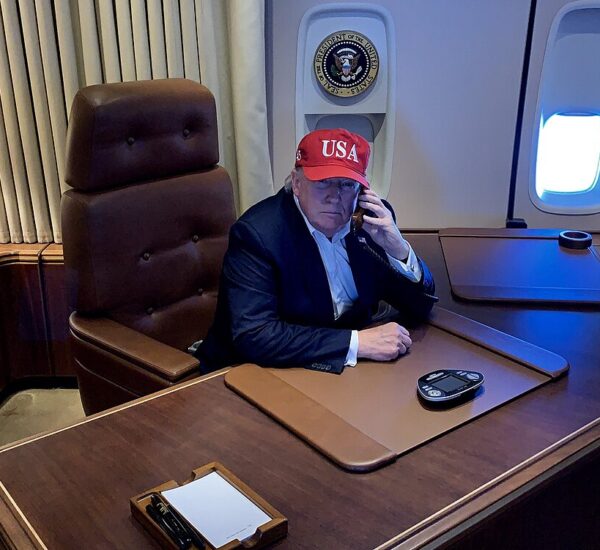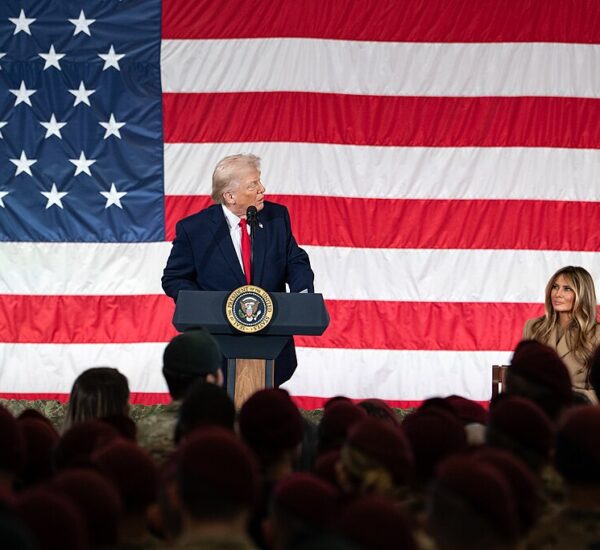Supreme Court Hands Biden A Win
The Supreme Court keeps handing Biden win after win and MAGA world isn’t happy about it.
In a significant decision on Wednesday, the U.S. Supreme Court declined to restrict how President Joe Biden’s administration can interact with social media platforms, dismissing claims of free speech violations over efforts to combat misinformation related to elections and COVID-19.
The 6-3 ruling overturned a 2023 lower court decision that accused federal officials of potentially infringing on the First Amendment rights by urging social media companies to remove misleading posts. The case was brought by Missouri, Louisiana, and five individuals, alleging unconstitutional censorship under the guise of misinformation control.
Justice Amy Coney Barrett, writing for the majority, emphasized that the plaintiffs lacked standing to sue, as they failed to demonstrate a direct connection between the government’s actions and any specific harm suffered. Barrett pointed out that while the plaintiffs argued for unrestricted speech on social media, they couldn’t cite instances where their own content was censored due to government influence.
Conservative dissenters, including Justices Samuel Alito, Clarence Thomas, and Neil Gorsuch, criticized the majority’s decision, expressing concerns about potential governmental overreach and its implications for free expression online.
The lawsuit originated when the states and individuals sued multiple federal agencies, alleging improper collaboration between government officials and tech giants like Facebook and Twitter, now known as X. The plaintiffs argued that such coordination led to the suppression of conservative viewpoints on contentious issues such as pandemic responses and election integrity.
The Biden administration defended its actions, asserting they were necessary to combat misinformation that could endanger public health and democratic processes. White House Press Secretary Karine Jean-Pierre welcomed the Supreme Court’s decision, framing it as essential for ongoing efforts to collaborate with technology firms in safeguarding national security and public safety.
Critics of the administration, echoing concerns raised during the litigation, contended that such interactions with social media companies amounted to government coercion and unconstitutional content censorship. They argued that platforms, influenced by governmental pressures, unfairly targeted conservative voices while attempting to suppress dissenting opinions.
John Vecchione of the New Civil Liberties Alliance criticized the ruling, describing it as detrimental to Americans’ online speech rights. Louisiana Attorney General Liz Murrill similarly condemned the decision, characterizing it as granting unchecked authority to the federal government to pressure tech platforms into silencing constitutionally protected speech.
Despite these objections, Barrett’s opinion emphasized that the lower courts had misjudged the evidence presented by the plaintiffs, leading to erroneous conclusions about governmental overreach and its impact on free speech rights.
The Supreme Court’s decision is expected to have lasting implications for the intersection of government regulation and online discourse, setting a precedent on how far executive authority can extend in influencing digital communication platforms without infringing on constitutional protections.

